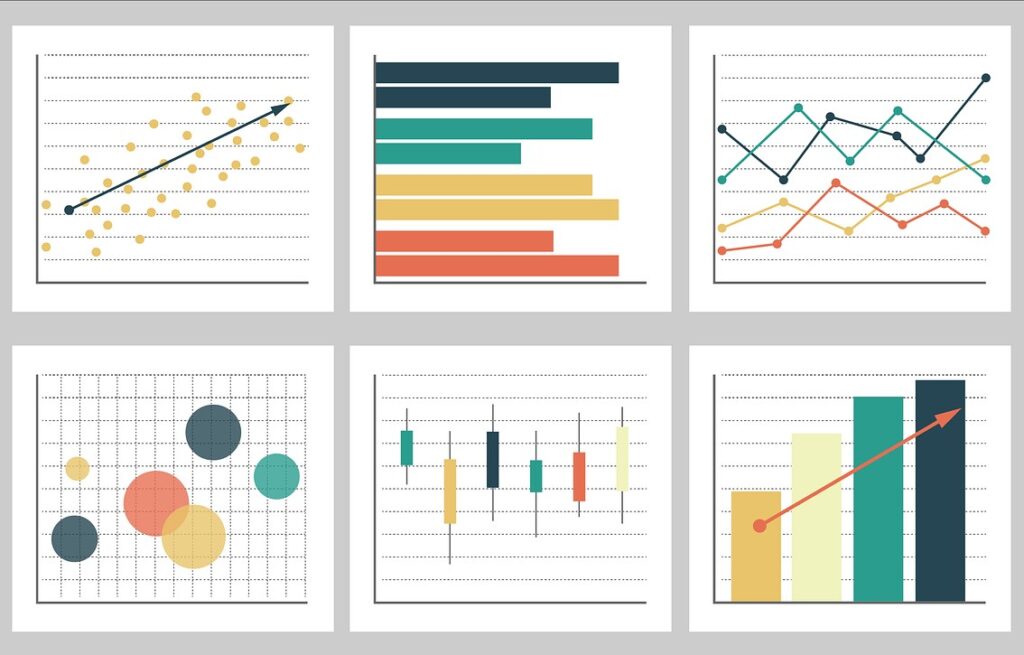Paul Samuelson? Economists? Wall Street Indexes? Katharyn Duff? Lawrence Summers? Niall Ferguson?

Question for Quote Investigator: Predicting the fluctuations of the economy is enormously difficult. Many economists have forecast recessions that never occurred. Here are three comical expressions:
(1) Economists have predicted 11 of the last 5 recessions.
(2) The markets projected twelve of the last eight recessions.
(3) Wall Street indexes predicted nine out of the last five recessions.
Would you please explore the provenance of this family of quips?
Reply from Quote Investigator: The earliest match known to QI appeared in “Newsweek” magazine in September 1966 within a column by prominent U.S. economist Paul Samuelson. Boldface added to excerpts by QI:1
… stock prices do show more ups and downs than gross national product or business indicators generally. To prove that Wall Street is an early omen of movements still to come in GNP, commentators quote economic studies alleging that market downturns predicted four out of the last five recessions. That is an understatement. Wall Street indexes predicted nine out of the last five recessions! And its mistakes were beauties.
QI conjectures that Samuelson’s remark initiated an efflorescence of related comments which appeared during subsequent months and years.
Below are additional selected citations in chronological order.
In December 1966 columnist Katharyn Duff writing in a Texas newspaper repeated an altered version of the joke while acknowledging the “Economist” magazine:2
“One economist, according to the London Economist, chides those who say the market has predicted four out of the last five recessions for being too modest.
“‘The market,’ he says, ‘has predicted nine of the last five recessions.’”
You don’t hardly get a better percentage than that.
In May 1967 a newspaper in New Brunswick, New Jersey printed an instance:3
When the indicators performance was extrapolated backward to cover the years since World War II, comments one waggish economist, “They’ve predicted nine of the last five recessions.
In March 1968 columnist Alfred L. Malabre Jr. of “The Wall Street Journal” published the following:4
The recent performance of the stock market brings to mind the comment of a noted economist who was once asked whether the market is a good leading indicator of general economic activity. Wonderful, he replied sarcastically, it has predicted nine of the last four recessions.
In 1973 the “Palm Desert Post” of California printed an instance:5
The stock market’s credentials as a “leading economic indicator” are open to question — although perhaps not quite to the extent of deserving its reputation for having predicted five out of the last two recessionary periods.
In 1980 “The Quotable Quotations Book” compiled by Alec Lewis included the following entry:6
The stock market has called nine of the last five recessions.
PAUL A. SAMUELSON, lecture at M.I.T., 1960
In 1987 U.S. economist Lawrence Summers referred to the joke in the pages of “The New York Times”:7
There’s an old quip: “The stock market is a terrific economic forecaster. It has predicted 11 of the last five recessions.” The market meltdown does not presage another depression. With suitable policy responses, it need not even signal a significant decline in the economy.
In 2009 Scottish-American historian Niall Ferguson published “The Ascent of Money: A Financial History of the World” which referred to the quip:8
The old joke that ‘Macroeconomists have successfully predicted nine of the last five recessions’ is not so much a joke as a dispiriting truth about the difficulty of economic forecasting.
In conclusion, Paul Samuelson deserves credit for the comical remark he wrote in “Newsweek” in 1966. Many variants have entered circulation during subsequent years. The variants appear to be based directly or indirectly on the remark of Samuelson.
Image Notes: Miscellaneous charts from Wallusy at Pixabay. The image has been cropped.
Acknowledgements: Great thanks James Landau, John Baker, and Joel Berson whose mailing list discussion of this topic led QI to formulate this question and to perform this exploration. Also, thanks to Paul Weich of Arizona’s Law whose tweet gave added impetus to this inquiry. Special thanks to Fred R. Shapiro, editor of “The New Yale Book of Quotations” which contains an entry for this saying that points to the crucial “Newsweek” citation in 1966. Further thanks to researcher Barry Popik for his webpage on this topic.
- 1966 September 19, Newsweek, Science and Stocks: Sense and Nonsense by Paul A. Samuelson, Quote Page 92, Column 3, New York. (ProQuest) ↩︎
- 1966 December 1, The Abilene Reporter-News, Page One by Katharyn Duff, Quote Page 1, Column 1, Abilene, Texas. (Newspapers_com) ↩︎
- 1967 May 8, The Daily Home News, Growth Rate Slows, What Lies Ahead?, Quote Page 6, Column 3, New Brunswick, New Jersey. (ProQuest) ↩︎
- 1968 March 4, The Wall Street Journal, The Outlook: Appraisal of Current Trends In Business and Finance by Alfred L. Malabre Jr., Quote Page 1, Column 5, New York. (ProQuest) ↩︎
- 1973 February 1, Palm Desert Post, Ticker Talk by Richard W. Kite (Investment Executive), Quote Page 8, Column 1, Palm Desert, California. (Newspapers_com) ↩︎
- 1980, The Quotable Quotations Book, Compiled by Alec Lewis, Topic: Stock Market, Quote Page 266, Thomas Y. Crowell, New York. (Verified on paper) ↩︎
- 1987 Oct. 21, The New York Times, In the Wake of Wall Street’s Crash; Monday Wasn’t So Black by Lawrence H. Summers, Quote Page A35, Column 1, New York. (ProQuest) ↩︎
- 2009, The Ascent of Money: A Financial History of the World by Niall Ferguson, Chapter Afterword: The Descent of Money, Quote Page 348, Penguin Books, London, England. (Verified with scans) ↩︎